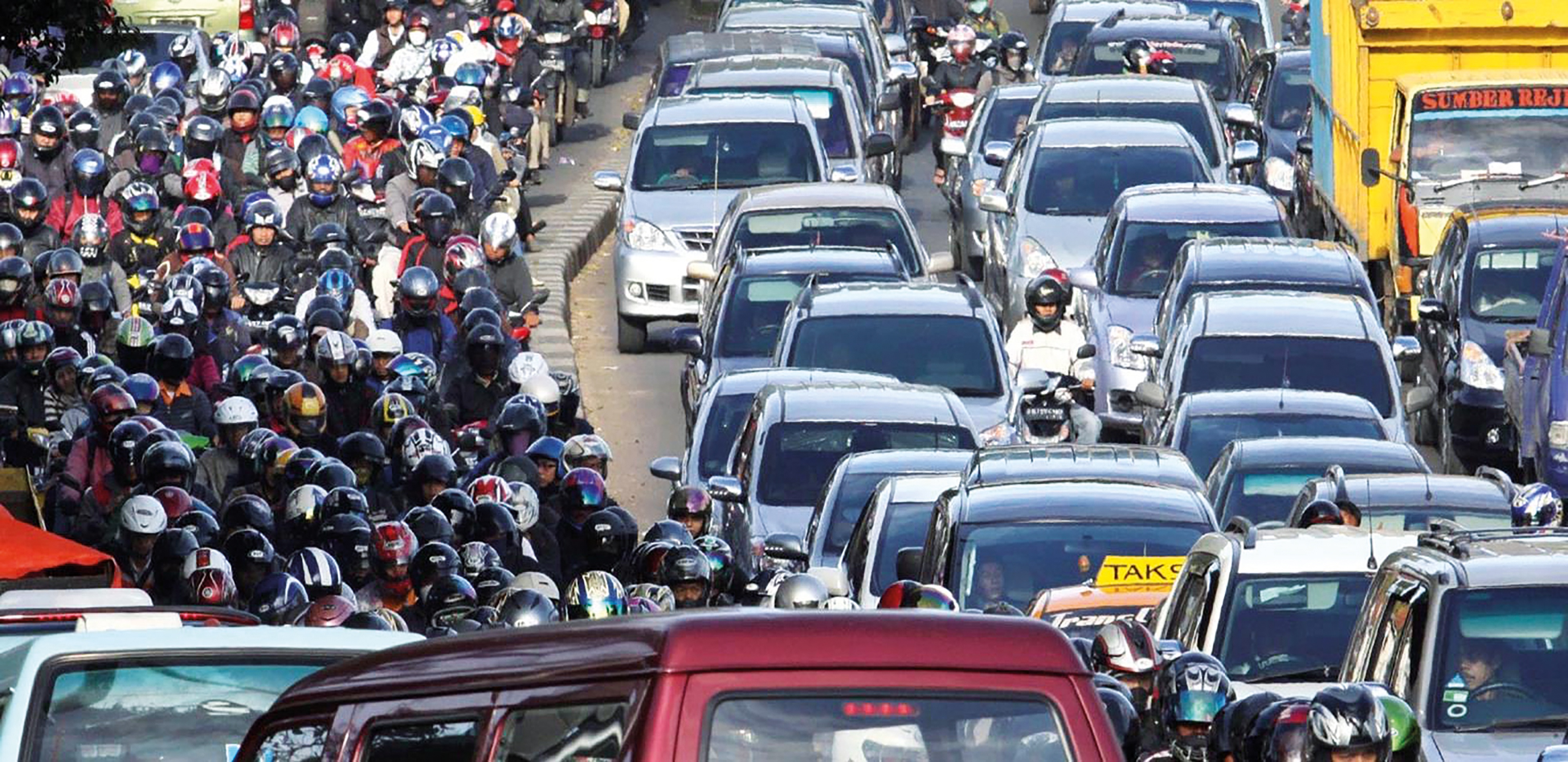Expat get-togethers at year’s end can turn edgy when well-lubricated newbies sound off about this nation’s defects. Those of us who’ve lived here longer and have a stake in the country find ourselves bristling, then mustering counter claims. Fortunately, our task became easier in 2018. Sure, the complainers have some strong points. You don’t need to watch horror movies to pump adrenaline – just looking through the windscreen lifts the pulse rate. Pollution smokes the lungs and stings the eyes. Will it ever lessen? The bureaucracy continues to bloat; the education system has more cracks than the sidewalks and the Republic’s diplomats are still waiting for directions. Yet despite these negatives last year saw a burst of betterment. Which is not to diminish the natural disasters and their terrible death tolls, which could have been lessened through public awareness programs. These are underway, and 2018 should be remembered as the time when politicians were jolted out of complacency. Clearly shaken, they’ve started hearing the experts who’ve long shouted for more money and modern early-warning systems.
“These aren’t wants, they’re needs,” said Weather Bureau head Dr Dwikorita Karnawati who now expects last year’s budget to be doubled.
At first glance the December photos of President Joko “Jokowi” Widodo with Freeport McMoRan’s CEO Richard Adkerson looked like yet another posed East-West business-page line up of forced smiles. These events often mark the signing of a perforated paper that’s then filed in the bottom drawer under FORGET. Not this time; the handshakes celebrated a real “done deal” that seemed impossible 12 months earlier, and all the years before as negotiations moved slower than Jakarta’s commuter traffic.
Ownership of the stunningly rich Grasberg copper and gold mine in West Papua, which US engineers and local labourers gouged open in 1973, has been a running row for decades. Resource nationalists have been battling foreign capitalists waving Suharto-era contracts. Now Indonesia holds the majority stake. The fact that it’s all over in a US$3.85 billion shuffle of shares and cash shows just how far Indonesia has moved in the past year by asserting its position as the world’s third largest democracy – and getting recognition.
But let’s stay sober. In October the rupiah plunged to 15,248 against the dollar, its lowest point since the crisis of 1998, terrifying investors. It’s bounced back a little to around 14,500 but remains a worry.
This column is not a cheerleader for any candidate in the upcoming April poll, just an observer acknowledging noteworthy changes in 2018. The reasons are for voters to determine.
The new toll roads and rail lines criss-crossing Java seem to be expanding faster than similar infrastructure projects in our homelands. Upsides, downsides. Good for travellers, not for farmers. Concrete smothering the globe’s most fertile soils will further deny the dream of the archipelago feeding itself – a food security issue which research and consultations might have identified if the rush to build had been paced. Supporters of procedures say that considering every option ensures safety. There must be rules, rigidly enforced.
Western engineers have no reason to be smug. Just before Christmas a new 36-storey apartment block in Sydney was evacuated over fears it might tumble, even though stringent building codes were allegedly followed. Dashing ahead or biding time? Construction of the Transmission Gully motorway in New Zealand was first mooted during World War II, a necessary alternative escape route should an earthquake disable the shaky isles’ capital Wellington. Clearly urgent, absolutely vital. The route was debated by working parties with members dying and retiring before making decisions. Every threatened insect and plant had to be identified and moved, all objections considered. Cars are expected to start moving along the 27km road sometime in 2020. That’s when the 1,200-kilometer Trans Java Tollway should be completed. Both projects started in 2004.
I queue, therefore I am. Government offices were ideal places to build new relationships as long waits forged friendships with strangers. Last year a few more agencies went online meaning we can fill in forms at home and meet less. The challenge for department managers in 2019 is to find tasks for unsackable staff with no 21st century skills.
The May suicide-bomber attacks on East Java churches and police posts shocked all. The response was impressive when compared to similar incidents a few years ago. There’s now awareness that terrorism is a whole-of-community issue, not something just affecting minorities.
Overall the police in 2018 acted professionally and impartially when handling mass protests like those around Monas. The cops have been accepting training from their Australian counterparts.
Indonesian politics have always been volcanoes threatening to erupt. Yet by comparison with Britain and its Brexit crisis, Canberra with three leaders in three years and Washington’s endless chaos, this country is hard lava, stable enough to build firm foundations if laid well. That wasn’t the expectation early last year as parties jostled to build power blocks for the June elections of governors and mayors; the gloomy were forecasting widespread villainy. There was some, but unexceptional and limited.
Voters got heated but kept their passions for the TV debates, which are now more watchable than the sinetron (soap opera) domestic disputes.
Prices are edging up, unemployment has risen from 5.13 percent in January to 5.34 percent now. We all moan. However, no one seems keen to don yellow vests and burn tyres in the streets. Jakarta is not Paris.
Vive la difference.




